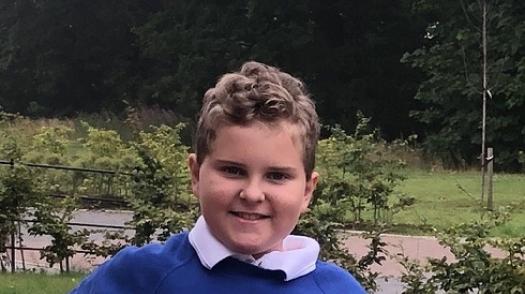
Encephalitis: Henry
Henry was diagnosed with encephalitis at the age of four. Mum Andrea talks about changes in his behaviour following his brain injury and seeking support.
Harry had his first seizure in September 2016. They continued, becoming more physical, until Harry was diagnosed with Rasmussen Encephalitis in summer 2017. Mum Nikki shares their story.
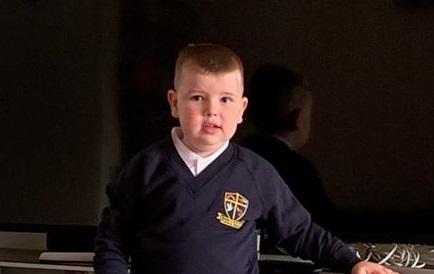
Published: July 2021. Date of brain injury: 2017 (child aged 3 years old)
Harry’s first seizure had no obvious physical consequences – known as absent seizures. It just appeared as though Harry was staring into space. However, the seizures began to increase and soon he was having at least one every day. I took Harry to the hospital and was given an initial diagnosis of a potential lactose allergy.
But Harry’s seizures continued and eventually became more physical. It was when my mother-in-law saw Harry seizing first hand, that I felt confident to go back for a second opinion.
In January 2017 Harry was referred to Frimley Park Hospital. While there, he collapsed and was admitted immediately. After initial tests, Harry was diagnosed with epilepsy and started medication. However, it didn’t seem to be working and before long he was on multiple medications to try and control the condition.
Weeks later, while we were on holiday as a family, Harry’s right hand began to shake. I called his epilepsy nurse and was advised to bring Harry back to hospital as soon as we got home. Once we got back, Harry’s condition continued to deteriorate and his seizures increased – over one 24-hour period Harry had 34 separate seizures.
Harry stayed in hospital but nothing would stop the seizures, so he was immediately transferred to St George’s Hospital in London for an MRI. I’ll always remember that moment. When the doctor came back into the room they just sat down next to me, and I knew it was bad news.
With no confirmed diagnosis, they discussed a number of potential causes with us – including Rasmussen Encephalitis. Rasmussen Encephalitis is a rare brain disease that usually affects only one hemisphere of the brain. Initial scans didn’t show anything, so Harry had to be monitored. All we could do was wait for a firm diagnosis.
Harry’s Rasmussen Encephalitis was confirmed later that summer as scans began to show the damage to Harry’s brain. He then deteriorated very quickly, losing his ability to walk and talk. Harry also gained weight due to the steroids he was taking and slept most of the day.
It was early 2018 when Harry and I attended his first appointment at Great Ormond Street Hospital. Harry was still deteriorating and after more tests, Andrew, Harry’s dad, and I agreed with doctors that surgery was the best option for his future quality of life.
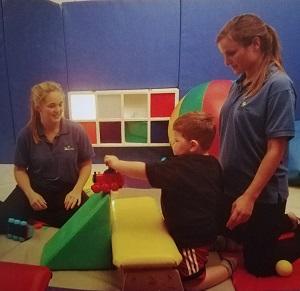
Harry had his surgery on 31 May 2018. As the damage to Harry’s brain had started on the left-hand side, the doctor warned me that it was highly unlikely that his speech would come back. It was the longest nine hours of my life. However, as soon as Harry came round, and I heard him call out ‘Mummy’, I knew it had been worth it.
Harry made such good progress that he was discharged from hospital after just five days and moved into Maple house at The Children’s Trust in Tadworth on 8 June 2018 for specialist rehabilitation.
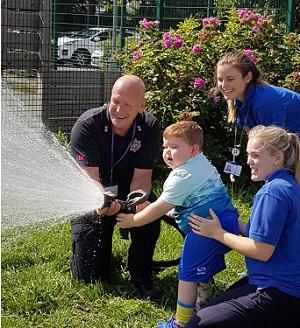
It was a difficult transition at first. I didn’t want to be away from home and my daughter. I felt like I’d looked after Harry for such a long time, and suddenly there were other people taking on what I saw as my role. However, once I let my guard down and felt comfortable in our new surroundings, I could see it was like a home away from home. The staff are there to help both you and your child and it didn’t take long for me to see the progress in Harry.
Harry’s rehabilitation programme included physiotherapy, occupational therapy and speech and language therapy. However, Harry’s favourite was play therapy. He thoroughly enjoyed interacting with the staff and other young people on Maple house, and going on outings to both Garsons Farm and Hampton Court Palace.
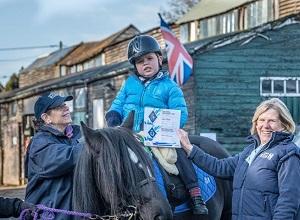
After completing his three-month rehabilitation programme Harry got to ring the ‘going home bell’ and be reunited with his sister in our family home. When you leave, it’s important to remember the lessons you’ve learnt in order to continue the progress at home. If we hadn’t gone to The Children’s Trust Harry wouldn’t be where he is now, and neither would we.
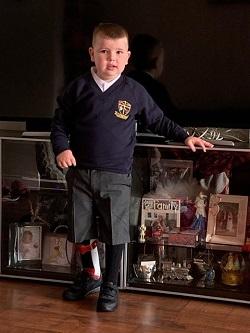
Harry continues to amaze family and friends with his progress. He is back at school full time and has become the youngest person to be awarded Grade 1 in his Riding for the Disabled Association (RDA) Riding Proficiency Test and RDA Horse Care Proficiency Test – continuing his love of horse riding that began whilst at The Children’s Trust.
It has been a long journey, and it is not over yet, but he is now back to being ‘my Harry’! He has now been completely medicine free for over a year and his speech is getting much better. Andrew has been such a wonderful support for myself, Harry and his sister, throughout and we couldn’t have done it without him. We’re both so grateful for everything that The Children’s Trust gave us and look forward to visiting everyone there again soon.

Henry was diagnosed with encephalitis at the age of four. Mum Andrea talks about changes in his behaviour following his brain injury and seeking support.
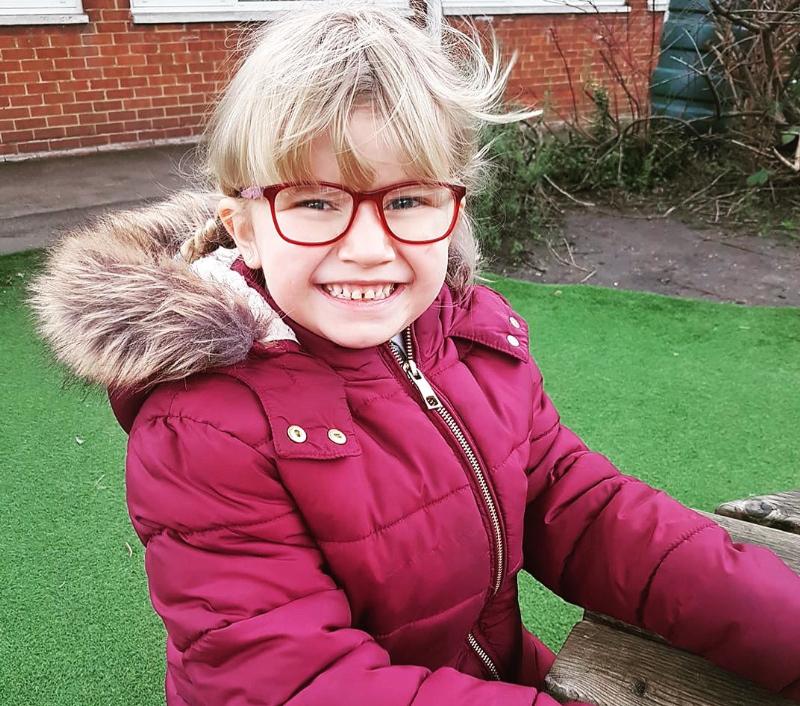
The Children's Trust Community Rehabilitation Service provides specialist goal-orientated neurorehabilitation delivered in the child's environment. Our ultimate goal is to maximise the child's participation in everyday life.
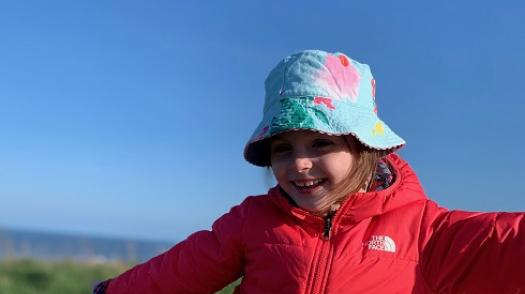
Many diseases can mimic encephalitis, making it hard to diagnose. Mum Sophie explains what this meant for her three-year-old daughter and shares Blair’s progress at The Children’s Trust and back home.